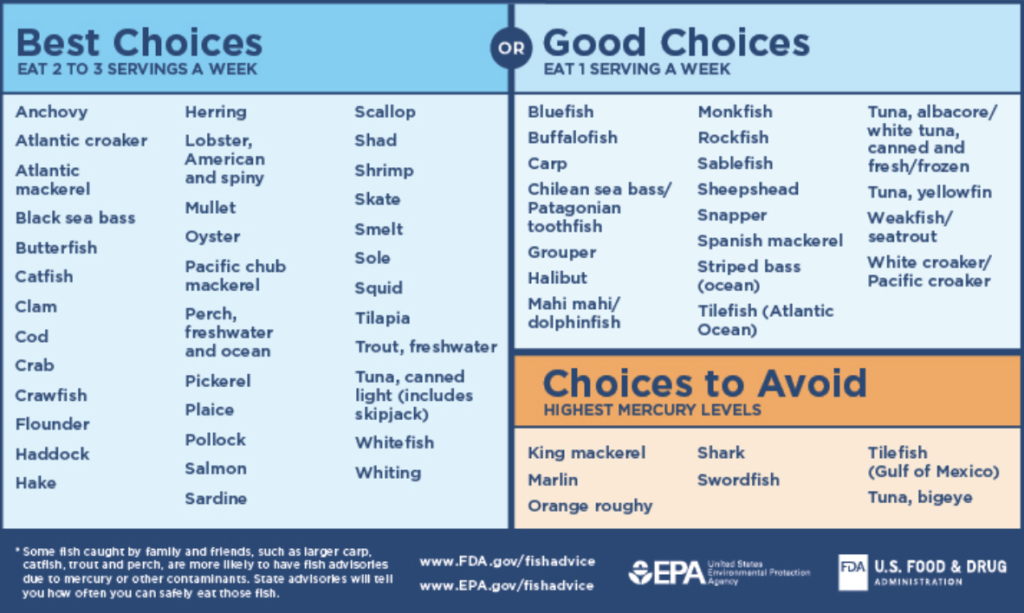Did you know that May is International Mediterranean Diet Month? Mediterranean diets are not only delicious and beneficial for a healthy heart, but it also helps avoid Gestational diabetes!
What is Gestational Diabetes?
Gestational diabetes is diabetes diagnosed during pregnancy for the first time. Similar to other types of diabetes, gestational diabetes affects how your cells use glucose. In other words, it can cause high blood sugar that can affect pregnancy.
How Do Mediterranean diets affect Gestational Diabetes?
A study was conducted in July of 2019 in which researchers in the UK had over 1,100 pregnant women of different ethnicities and certain pregnancy risk factors participate. Some of those risk factors included “obesity and chronic high blood pressure.” Out of that one thousand, 553 women were put to the task to eat a Mediterranean-style diet. This diet plan included eating plenty of:
- Nuts, fresh fruit, and vegetables
- Extra virgin olive oil, non-refined grains, and legumes
- Moderate to a high amount of fish
- Small to moderate amount of poultry and dairy
- Little to none red or processed meat
- Avoid sugary drinks, fast food, and high amounts of animal fat
The participants were given some essential ingredients, like extra virgin olive oil, for the study and had consultations with dietitians regularly during the process.
In conclusion, the UK study found that there is a 35% risk reduction in developing gestational diabetes when on a Mediterranean diet, and women on this diet weighed 2.75 pounds less than the other moms-to-be who followed the UK’s national dietary advice for pregnant women.
But What About the Fish?
As you know, alcohol and raw fish are to be avoided, but according to the FDA, women who are pregnant or breastfeeding can “consume between 8 and 12 ounces of a variety of seafood per week, from choices that are lower in mercury.” For reference, the FDA provided this chart to help decipher serving sizes as well as best choices:

Source: “Advice About Eat Fish” | FDA
Note: Before consuming fish caught by friends or family, you should check fish advisories for mercury levels and other contaminants. If there’s no advisory, you may eat one serving (and no other fish the rest of the week), but if you’re pregnant/breastfeeding you may want to avoid eating the fish altogether.

Source: “Advice About Eating Fish” | FDA
It’s important to consult your doctor before changing your diet while pregnant. While a Mediterranean diet may help with gestational diabetes, it’s best to follow what your doctor recommends to maintain the healthiest pregnancy for yourself and your baby.
Remember you are not alone and we are happy to help answer any questions you have about your health. If you don’t have a gynecologist you can contact us today!
